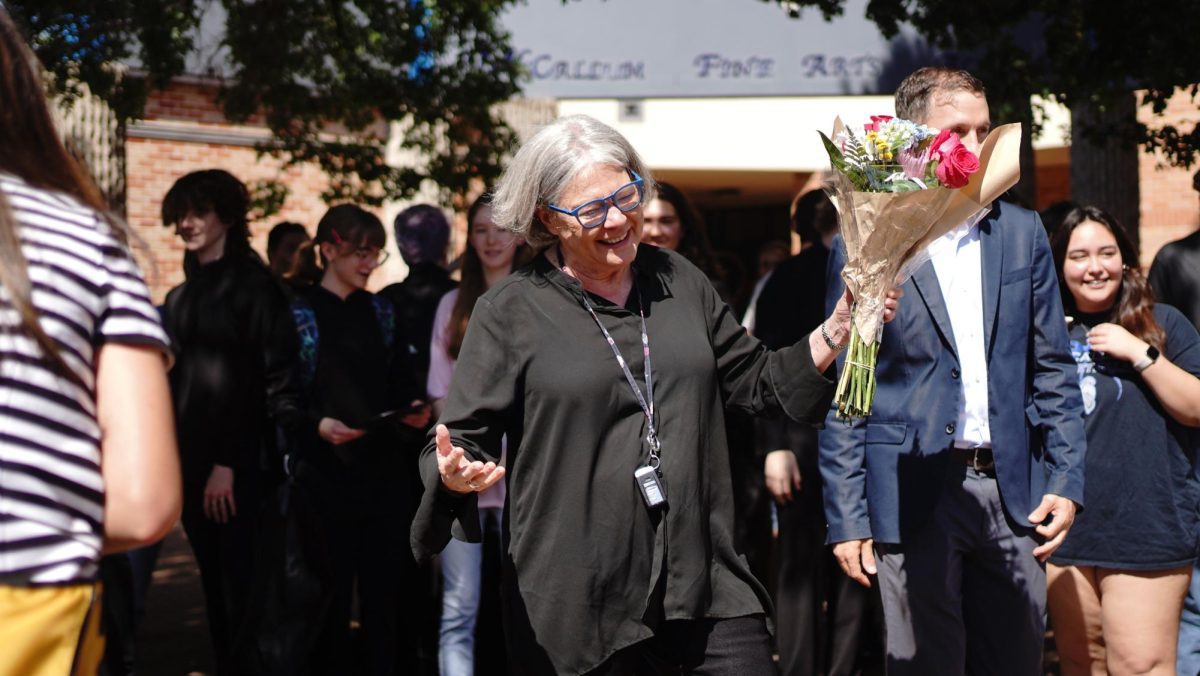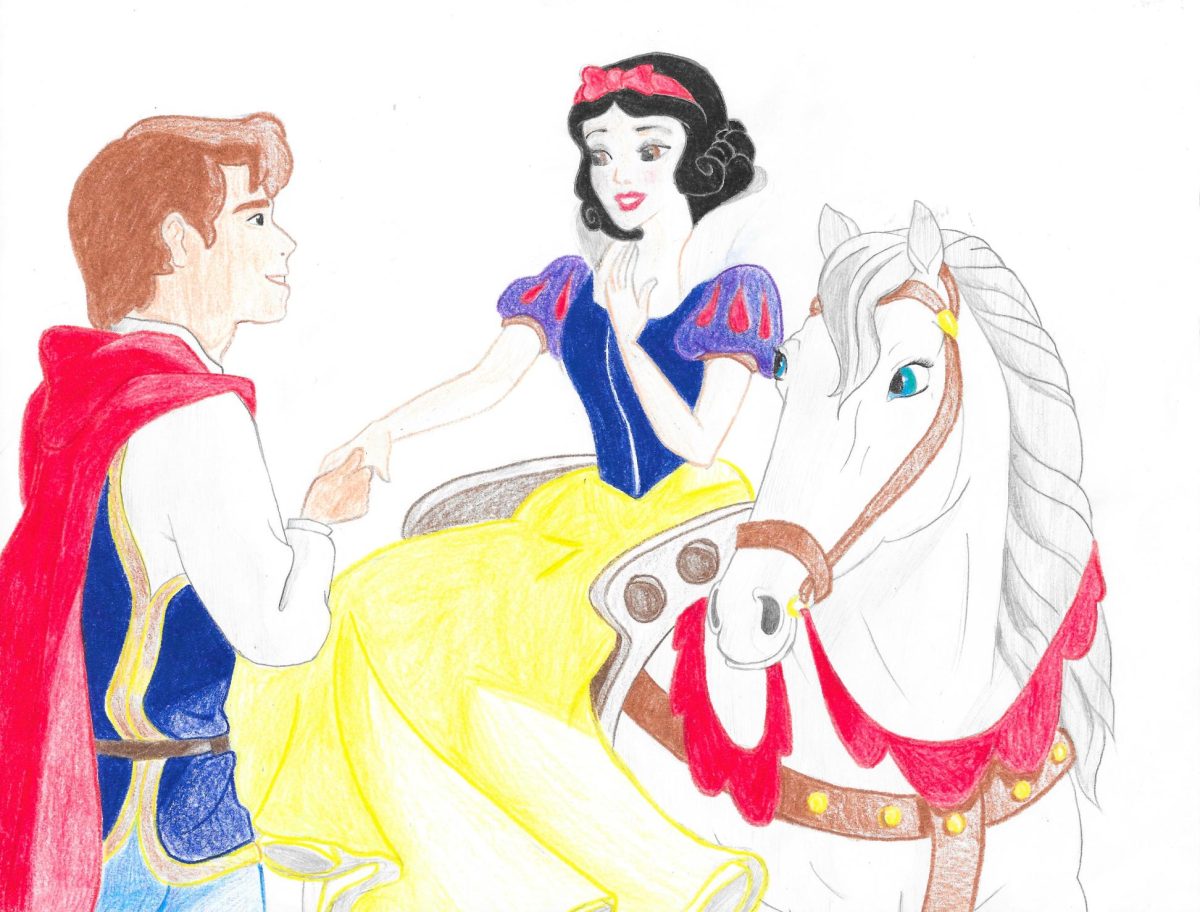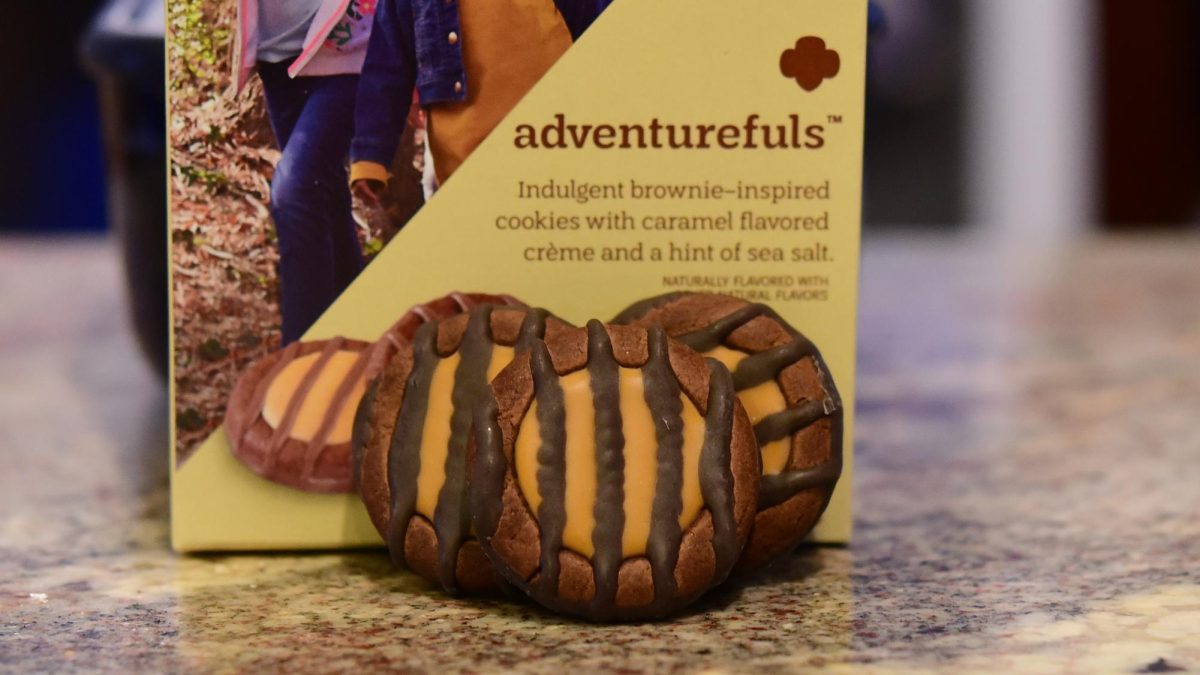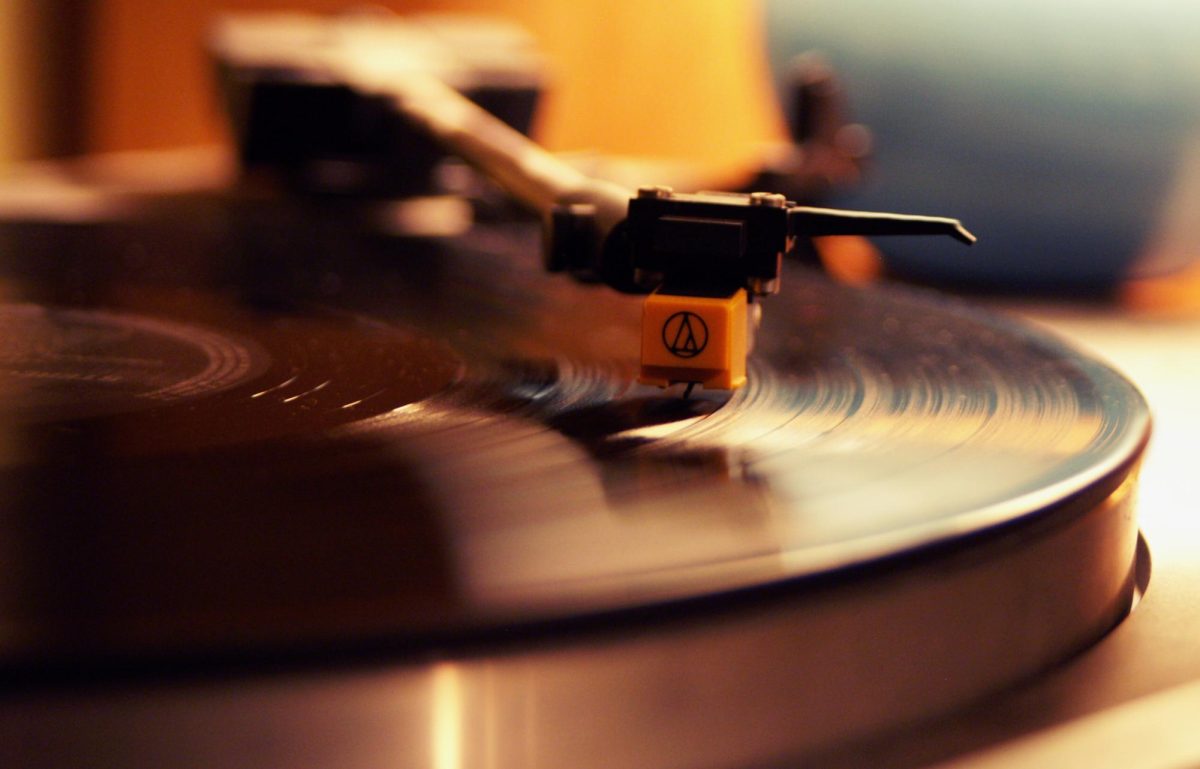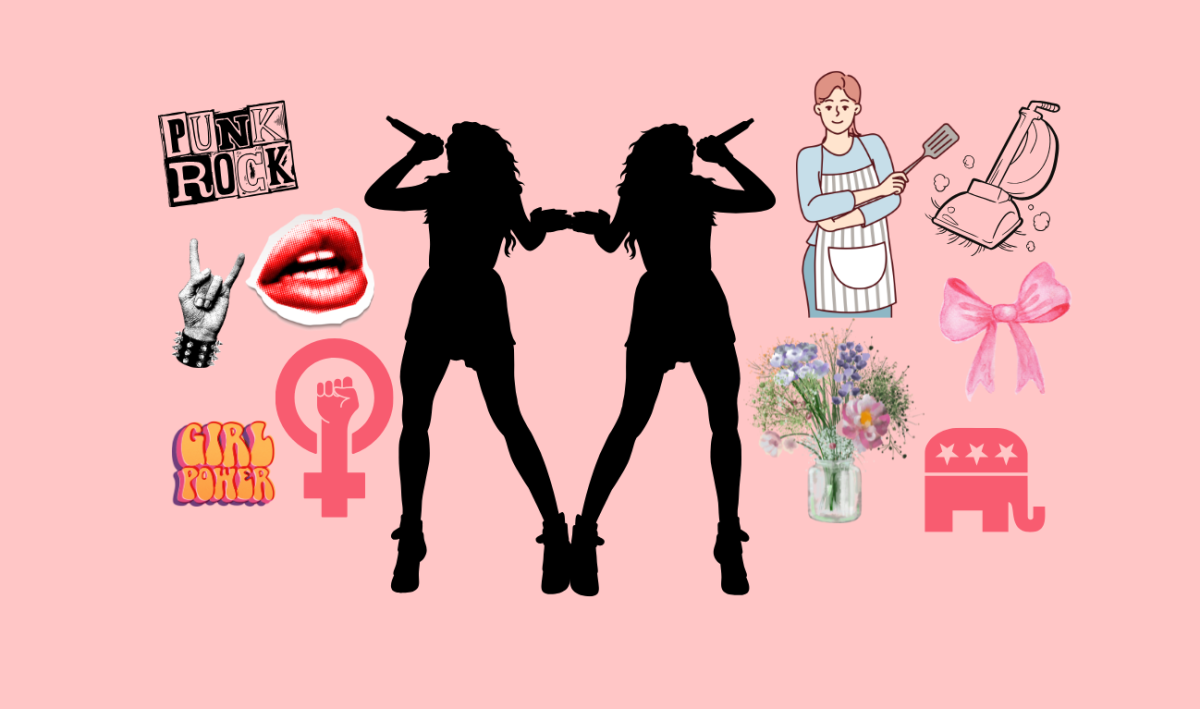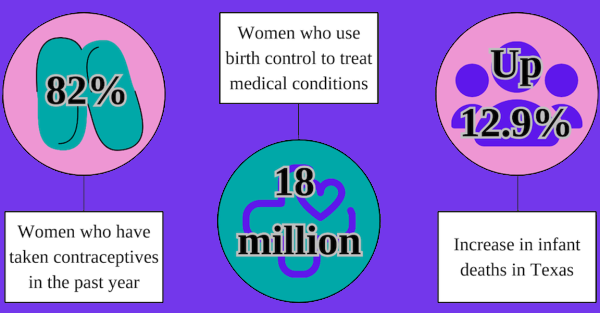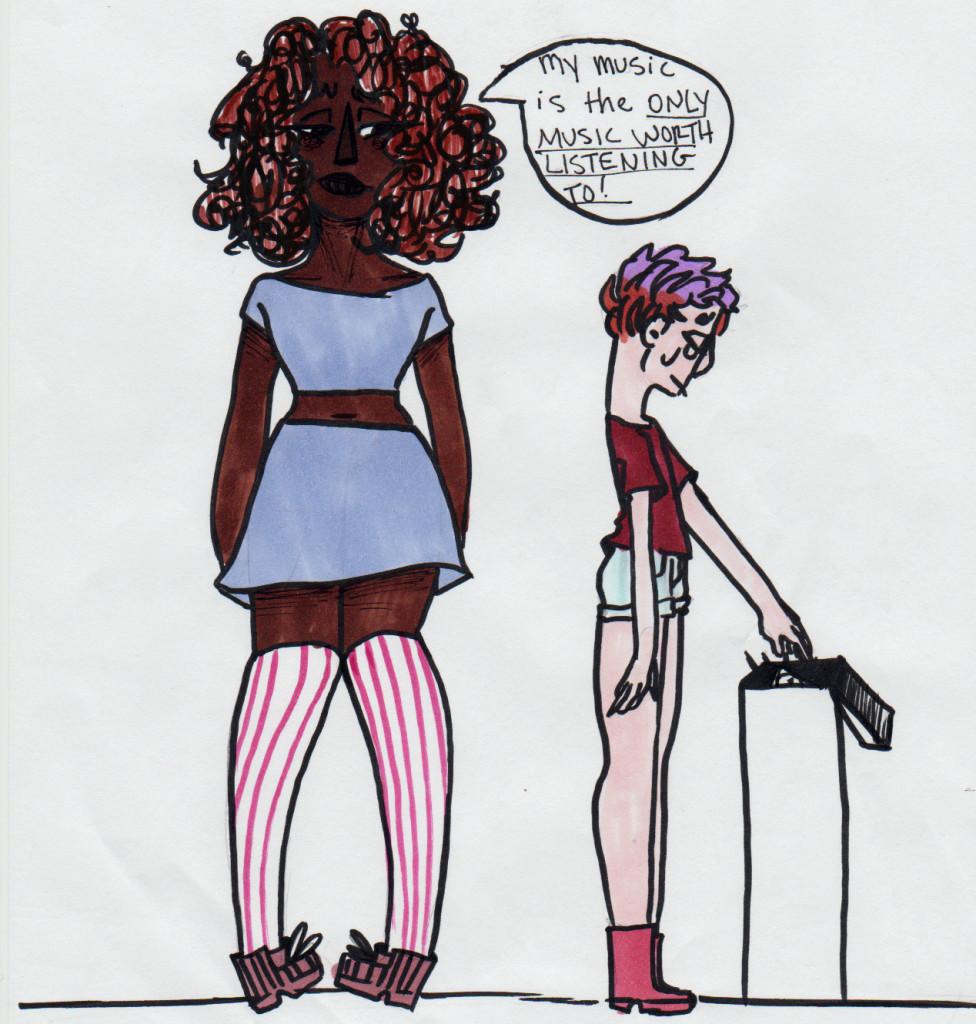
There is no icebreaker question that stresses me out more than, “What is your favorite kind of music?” As a Taylor-Swift-loving preteen, I knew that I would be judged as shallow or uncultured, often accompanied with eye rolls or a pointed suggestion to listen to a more “intelligent” band. If I responded with the indie bands I listened to, however, I’d be labeled pretentious, or be caught in a game of “who knows the more obscure band.” Answering with the jazz, country or blues music I grew up listening to on lazy Sundays with my family would bring down even more judgment. The best bet—the safest, anyway—was always the incredibly vague, “Oh, I love all music!”
The general tendency is to believe that our own music taste is universally superior, which is a ridiculous notion. Our taste in music is highly individual, stemming from both our genetics and life experiences. McCallum is no different as a home to a large variety of music taste.
It’s disheartening when someone bashes a favorite song. It doesn’t mater if it’s by a Top 40 artist or a super obscure local band if it helped you get through a rough patch in your life, or affected the way you think about the world.
“I think [music criticism] could be handled differently,” sophomore Matan Bos Orent said. “We’re teenagers. We’re immature, and we’ll defend our opinions, but I think people could do a better job explaining what they don’t like about that music, and [instead] explain what they get out of different music compared to that music.”
I can’t count how many times I’ve heard, either through those I know personally or through the media, someone’s favorite artist described sheepishly as a “guilty pleasure.” There should be no shame in loving what you love.
“I don’t really care if people hate it, that’s fine,” freshman Emily Horan said. “But I like it, and I’m going to listen to it.”
Telling someone else that they don’t like the “right” music won’t make you seem more cultured; it will only make the other person insecure in their interests. If someone shares one of their favorite bands with you, instead of criticizing their taste, try offering a suggestion of one of your favorites.
Let’s let music do what it does best: connect us through shared emotion and experience.
“Music is a lot of things, and that’s what I really get out of it,” Bos Orent said. “It can be a hobby, a job, a different language; it could be something that [just] makes you feel really great.”
Music should be something that brings us happiness, motivates us, or affects us on a personal level. It shouldn’t be a source of worry and self-doubt. We should be able to share the music we love with the people we care about without fear of judgment.



